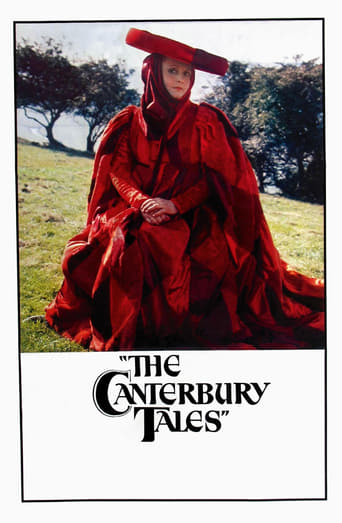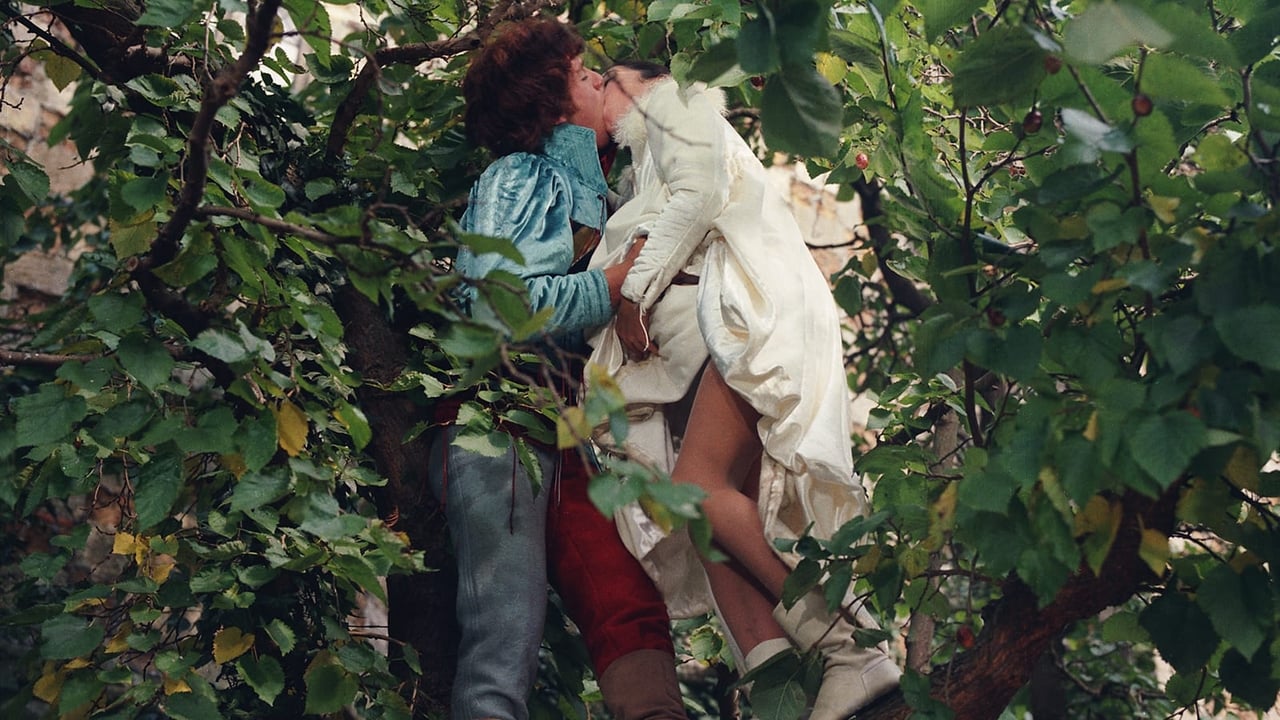philosopherjack
The last scene of Pasolini's wondrous Canterbury Tales emphasizes the narrative as an end in itself - "here end the Canterbury tales, told only for the pleasure of telling them" - and this reflects the film's sense of joyous tumble, one narrative often almost subliminally moving into another. But there's also something relentless about it, a feeling of people lacking in any real agency over themselves, as puppets of their own desires, as tools of those whose desires are stronger than their own, of the corrupt authorities, of the angels and devils which the film occasionally depicts as walking among the living. There's carnal overdrive and naturalistic nudity galore, and of course the film carries an erotic charge, but one that leads time and again to humiliation, misery, betrayal, pain, or death, and ultimately even beyond that, to one of the most tangible visions of hell ever put on film. The film is a triumph not so much of casting in the usual sense, but of human placement - an astonishing canvas of flesh and faces, suggesting people torn directly from the Medieval earth (the matchless English-language soundtrack, if you choose that option, adds considerably to this sense, when not evoking Monty Python, not that I'm saying that's a bad thing); and whether or not the various settings are historically accurate, they likewise feel discovered rather than created. At the same time, there's no doubt we're watching a work of extreme stylization, and not just in the episode that happily channels Charlie Chaplin; characters generally seem to be addressing the camera, or the void beyond it, more than each other. Which leads back to the movie's sense of desperation, that few of its possessed characters expects more from their compulsive screwing than the most fleeting of releases. The classification of the film as part of a "trilogy of life" seems, to say the least, ironic.
rdoyle29
Pasolini follows up "The Decameron" with this adaptation of several of Chaucer's stories. Like the proceeding film, this is an extremely earthy and bawdy adaptation of the material, celebrating life's pleasures and castigating authoritarian hypocrisy. This film is mildly inferior to "The Decameron", although it's high points, including an extended homage to Chaplin and an amazing vision of hell, are higher.
framptonhollis
"The Canterbury Tales" by Geoffrey Chaucer may be among the most respected and famous works of classic literature, but anybody whose read it knows that it is a masterpiece of bawdy and dirty medieval comedy. The great filmmaker Pier Paolo Pasolini adapts this literary classic successfully, by showcasing its most funny and erotic elements, creating an entertaining and wild ride!Some of the segments in this film are certainly better than others (my favorites are "The Merchant's Tale", "The Cook's Tale", and "The Summoner's Tale"), and the final segment is easily the highlight. Seriously, the climax of this film is easily the funniest, strangest, and craziest depiction of Hell you'll ever see!
Nazi_Fighter_David
This is the second in Pasolini's series of setting classic bawdy tales to film
In this case, he selected eight of Chaucer's Canterbury Tales, including the infamous miller's tale and the incident with the red hot poker kiss
The tales revolve around a group of pilgrims who are journeying to the shrine of Saint Thomas a Becket of Canterbury
The trip is so boring that they begin telling each other stories that soon get obscene, gory and very sexy
Pasolini adds another motif to his visualization by placing Chaucer himself into the movie, periodically cutting to him writing at his desk...Pasolini inserts pleasure and amusement at social customs, especially marriage
Some of the stories are funny, others are deadly serious
The scene where a young man is burned for making love to another of his own sex, for example, is chilling...In fact, Pasolini's using non professional actors, is more in keeping with the tone of the original than the usual romanticized versions...


 AD
AD




